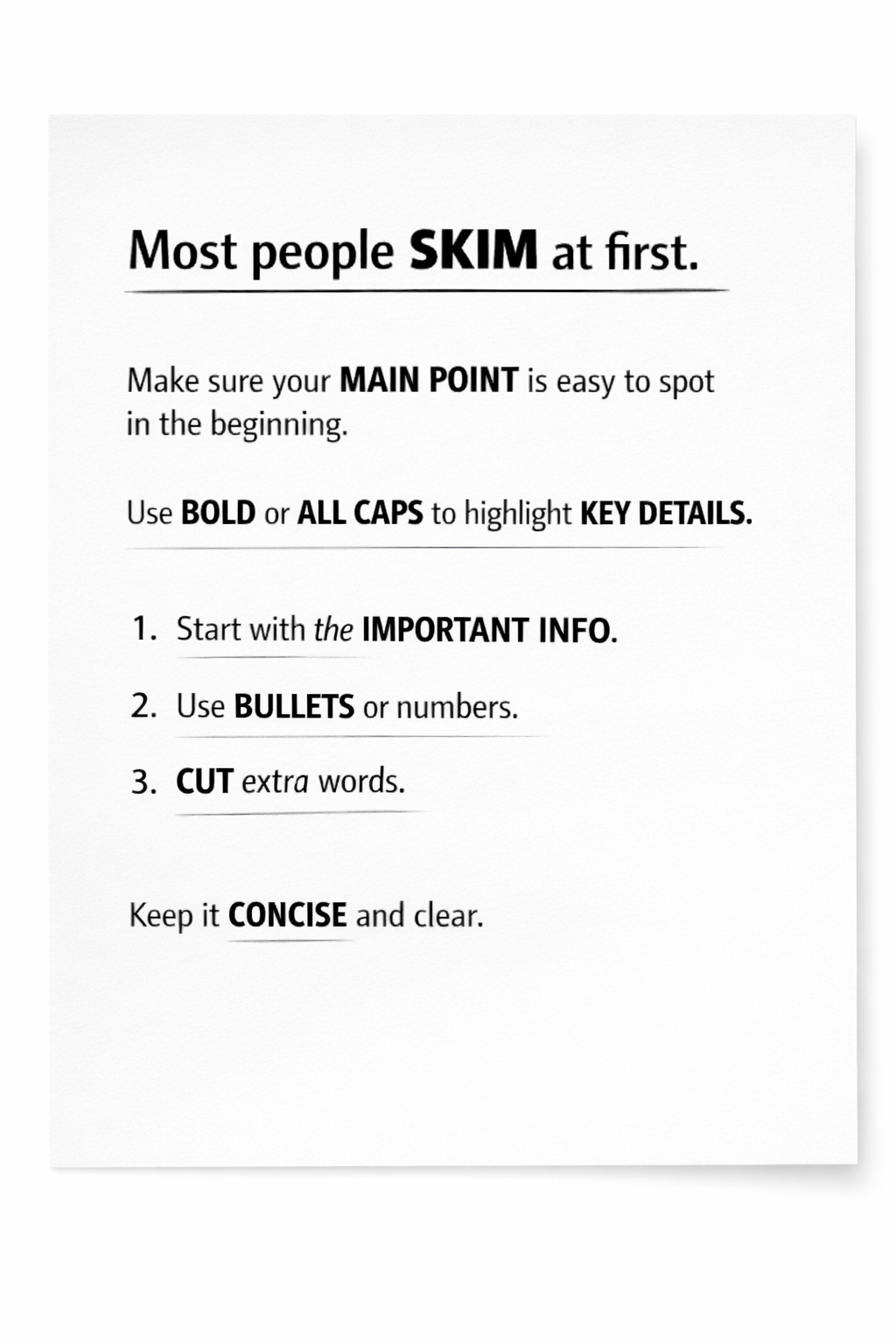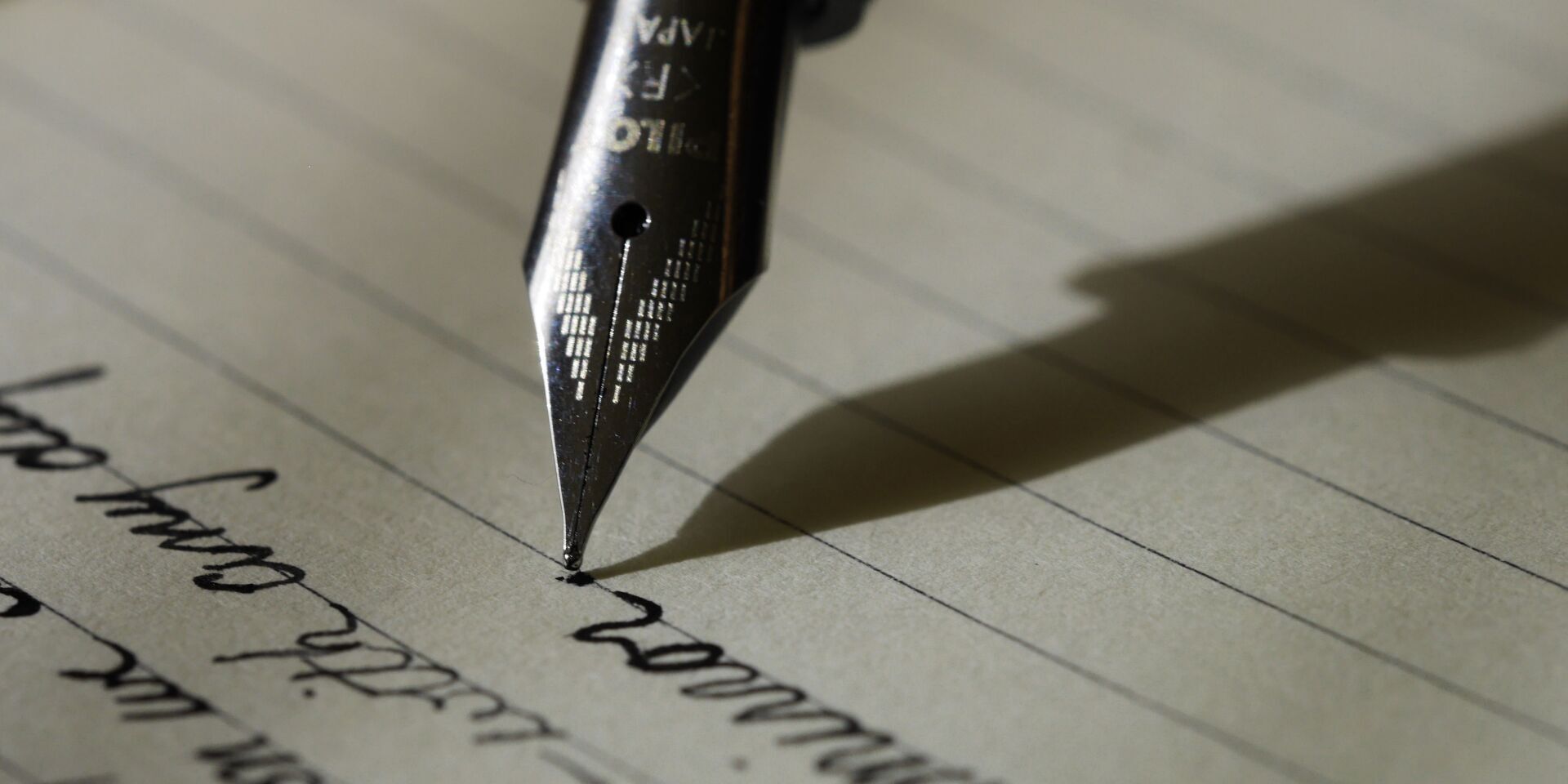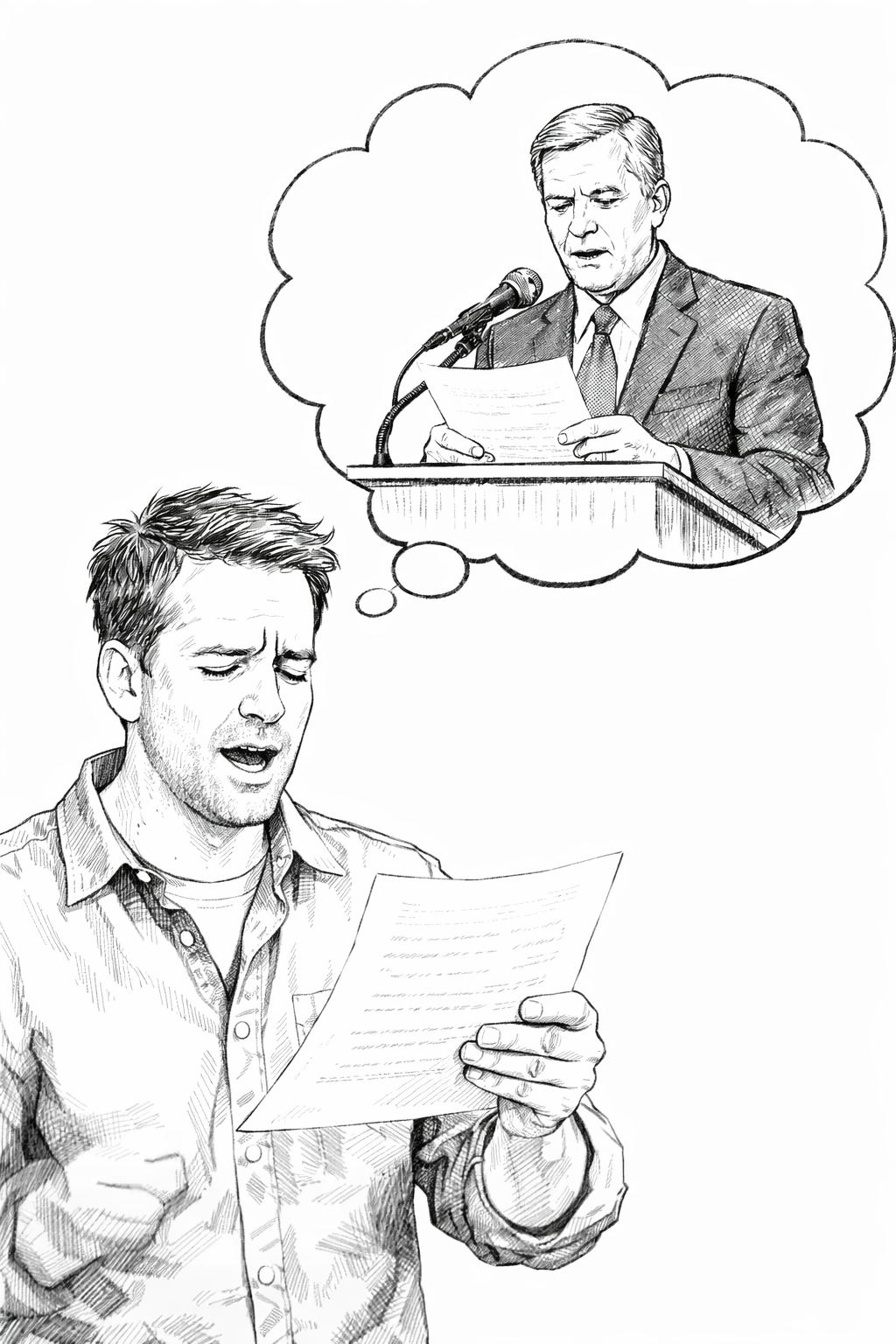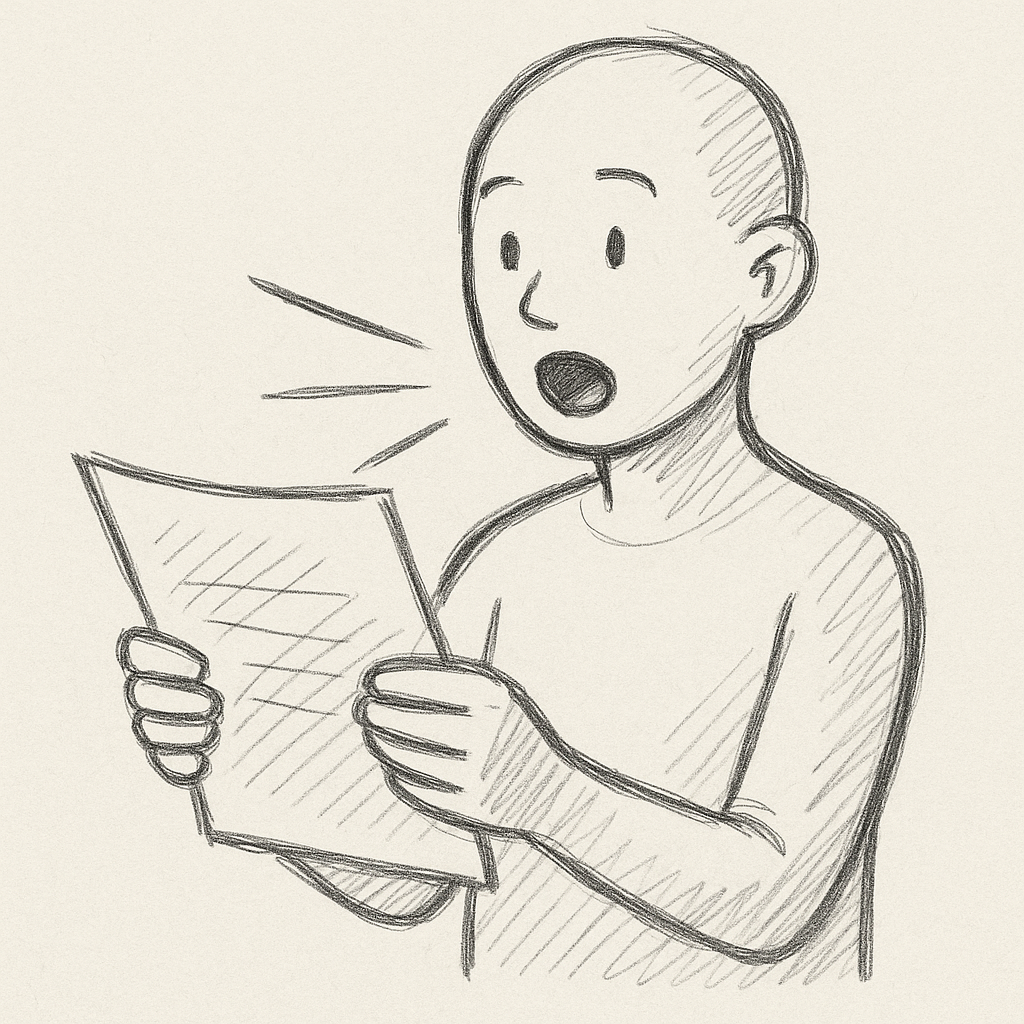Nib #42 — Write with Verbs and Nouns
Why do writing instructors — from Strunk & White on down — always urge students to prioritize verbs and nouns over the other parts of speech?
Because verbs and nouns are real in a way that the other parts of speech are not. They are specific and tangible, like bricks. The other parts of speech are like mortar — essential, but only for holding the bricks together.
If you looked at a brick wall that was 50 percent mortar — half gray and only half red — you would question its structural integrity. That’s usually how clunky writing is: too many adjectives, adverbs, and prepositions. And not because of some literary, artistic choice, but because the sentences are loose and indirect.
Two-word sentences are bracing in their clarity and force:
Enemies prowl. Jesus wept. I do.
It’s not a coincidence that you can only make such sentences out of nouns and verbs. (“The very” or “If purple” don’t make sense.) It’s also not a coincidence that those two-word sentences lose their power when cluttered up with unnecessary modifiers:
If “Jesus wept” were instead, “When the sad news finally reached the gentle and loving Jesus, he wept mournfully,” it would not be one of the Bible’s most famous verses.
Until next week… keep writing!











